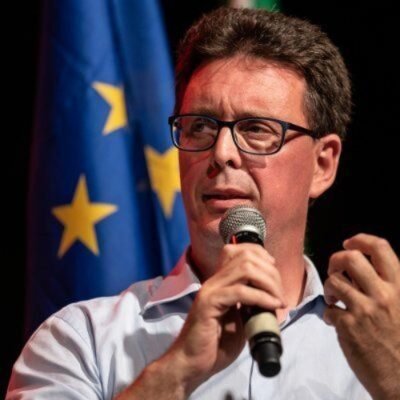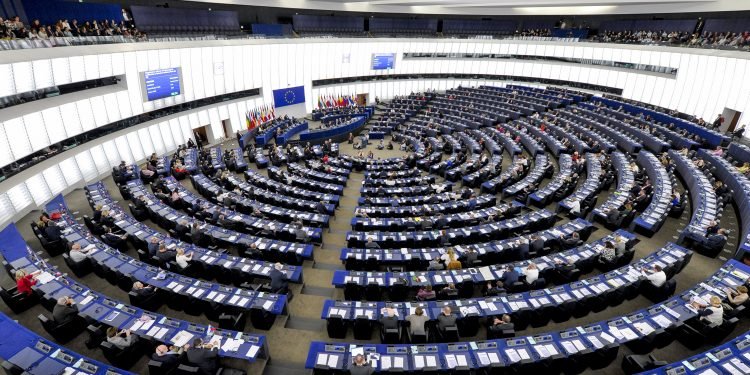New targets aim to reduce EU’s dependency on fossil fuels, lower costs, and advance climate goals.
Belgium (Brussels Morning Newspaper) The Renew Europe Group celebrates the plenary endorsement of the trilogue agreement on the recast of the Energy Efficiency Directive (EED). This agreement, a crucial component of the Fit for 55 package, reinforces the EU’s commitment to achieving climate neutrality by 2050. The directive sets out measures to curb energy consumption, decrease greenhouse gas emissions, and combat energy poverty.

MEP Nicola Danti, Renew Europe Vice-President and shadow rapporteur on the file, emphasizes the significance of the new efficiency targets. Danti notes that these targets will not only diminish the EU’s reliance on Russian gas and fossil fuels but also result in lower energy bills for citizens and companies. Moreover, they will contribute to the EU’s climate and energy objectives. Danti underscores that investing in energy efficiency is an investment in a more sustainable future. He emphasizes that climate change and the energy transition pose significant challenges in this century, and Renew Europe will remain vigilant in addressing them.
While the agreed-upon 11.7% energy efficiency target is a notable improvement, Renew Europe regrets the Council’s lack of ambition in not agreeing to the Commission’s proposed baseline of a 13% energy reduction target by 2030, as outlined in the REPowerEU initiative. Nevertheless, Renew Europe welcomes the overwhelming support from the Parliament, as it positions the EU as a leading geopolitical actor, leading by example and encouraging other major third countries to follow suit.
Renew Europe has consistently advocated for collective responsibility in energy-saving efforts to reduce dependency. This includes engagement from citizens, businesses, industries, and the public sector. The revised directive now mandates that Member States ensure an annual reduction of at least 1.9% in the total final energy consumption of all public administration bodies combined. Additionally, thanks to Renew Europe’s commitment, the directive places a strong focus on scaling up energy efficiency measures to facilitate a seamless transition for small and medium-sized enterprises (SMEs) and industries, which are vital engines for European economic growth.
The plenary endorsement of the trilogue agreement on the Energy Efficiency Directive recast is a significant milestone in the EU’s pursuit of a sustainable and efficient energy future. The targets set forth in the directive will drive the EU’s progress towards reduced energy consumption, decreased reliance on fossil fuels, and a greener, more prosperous future.




